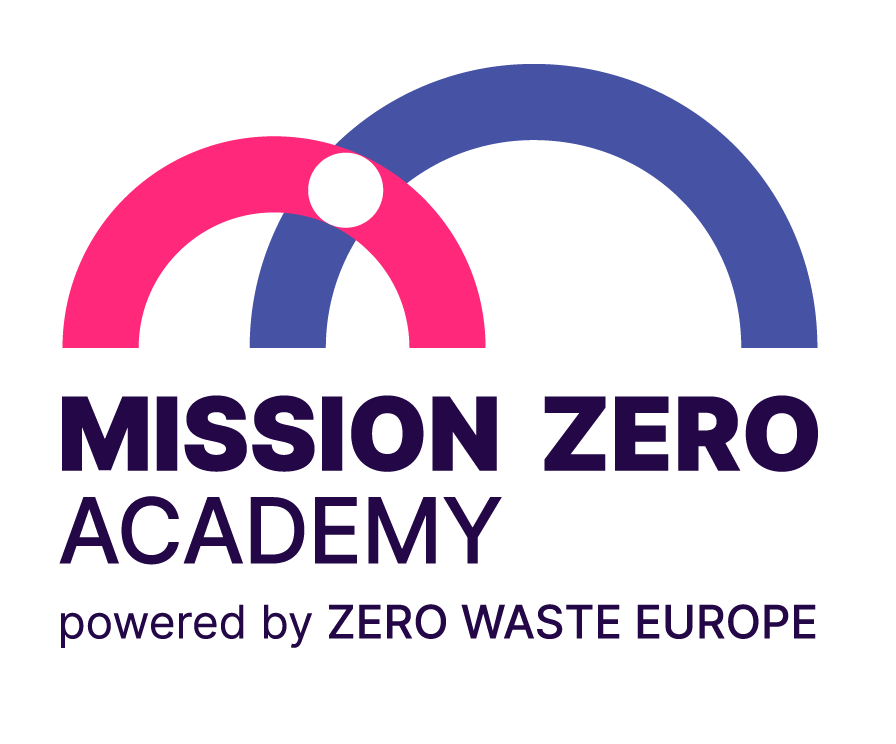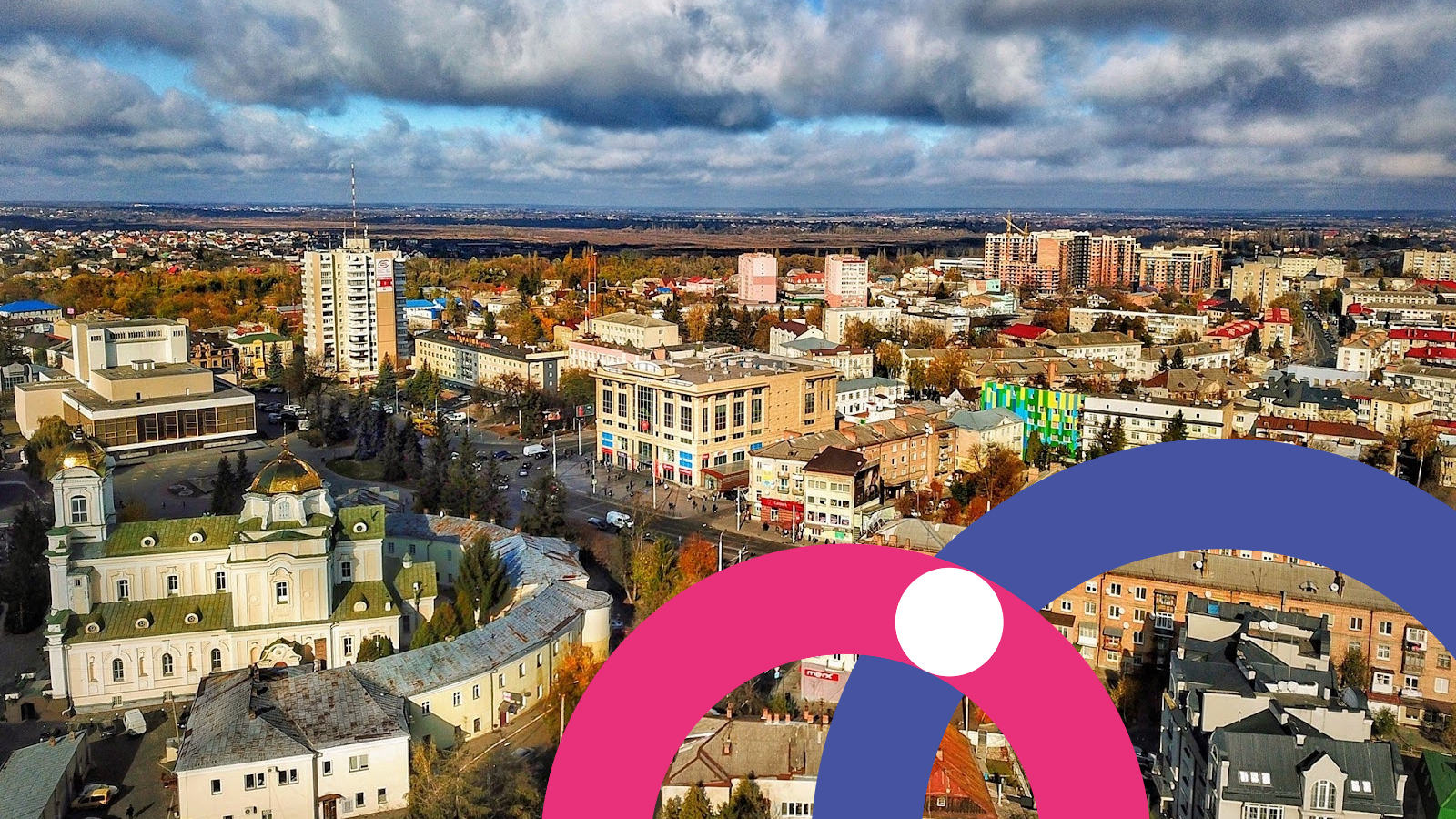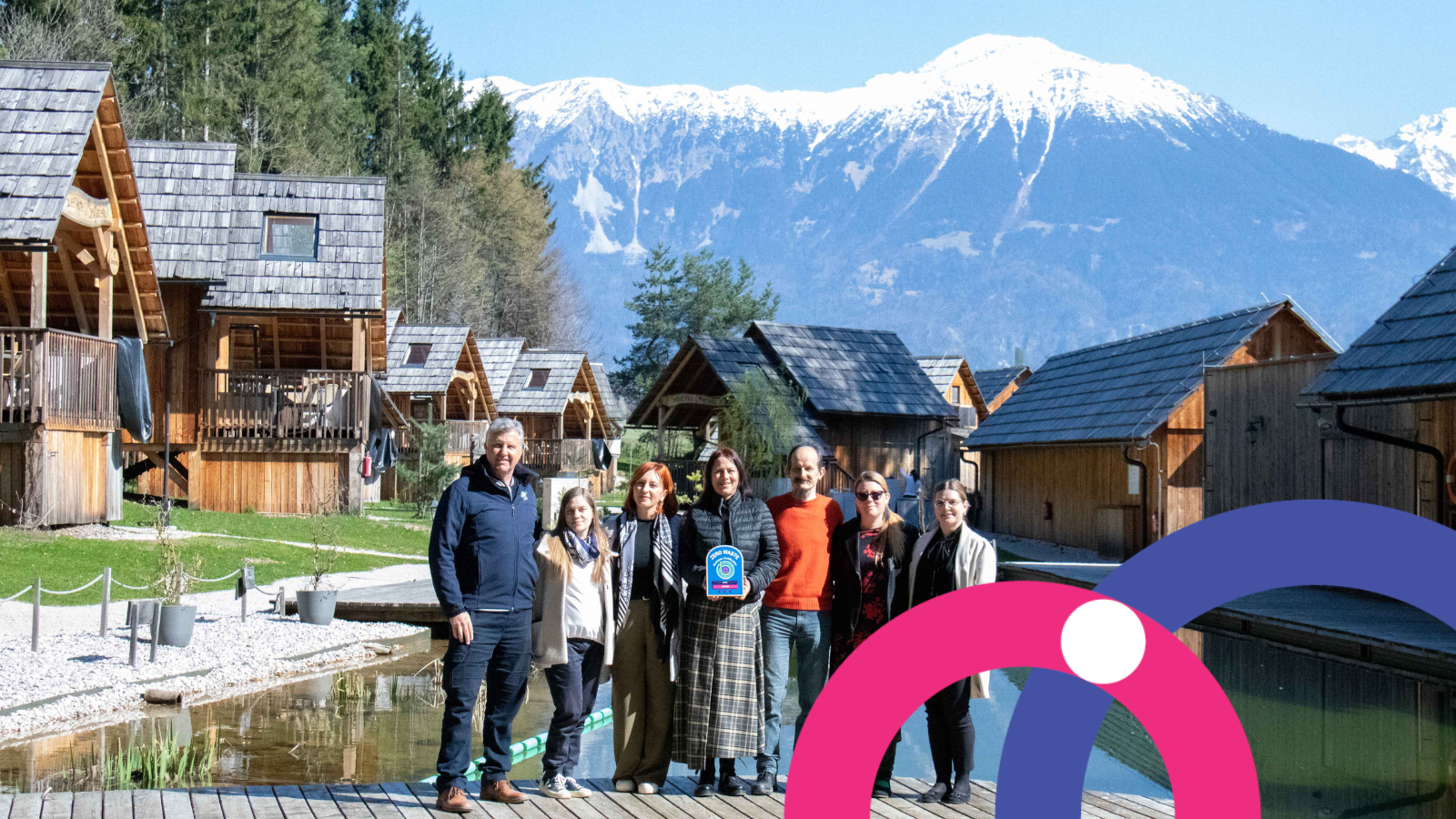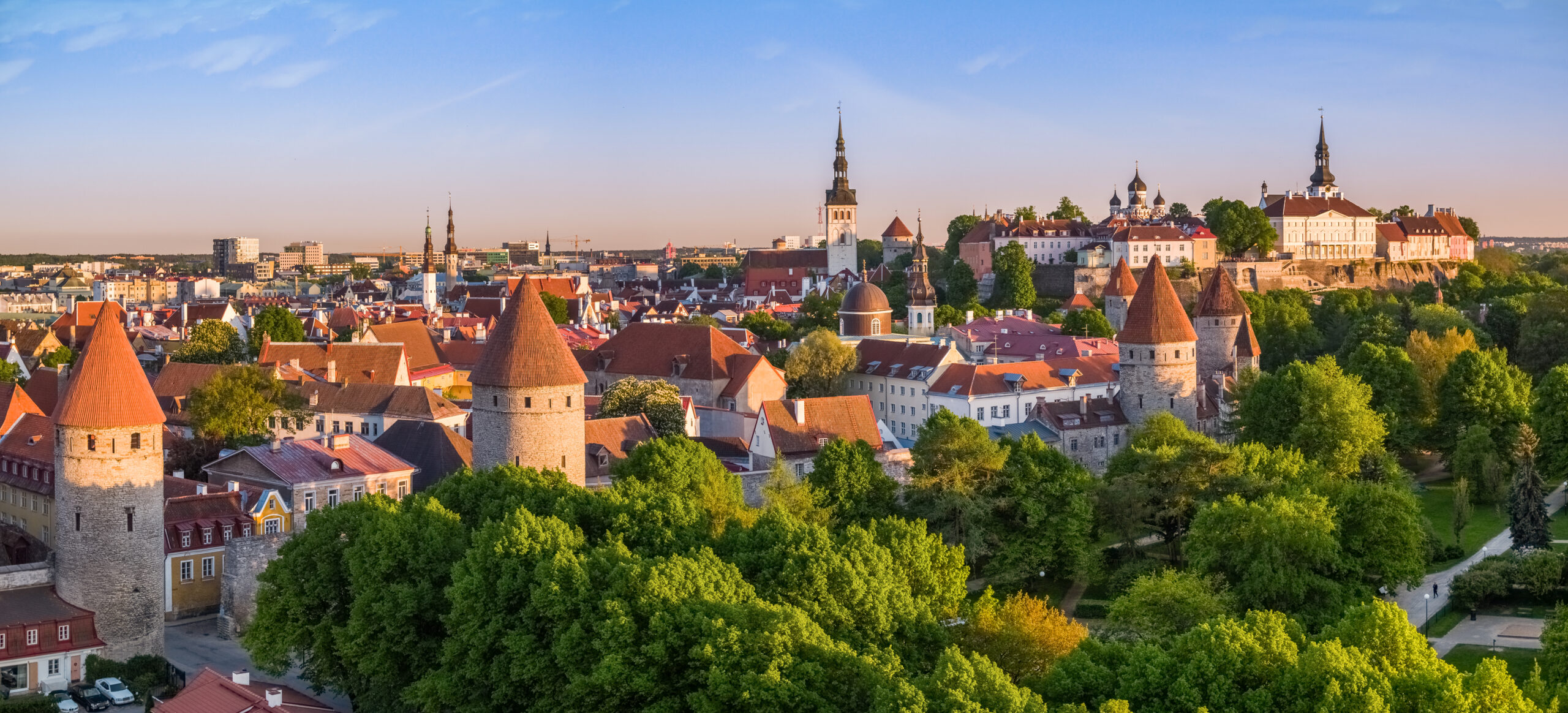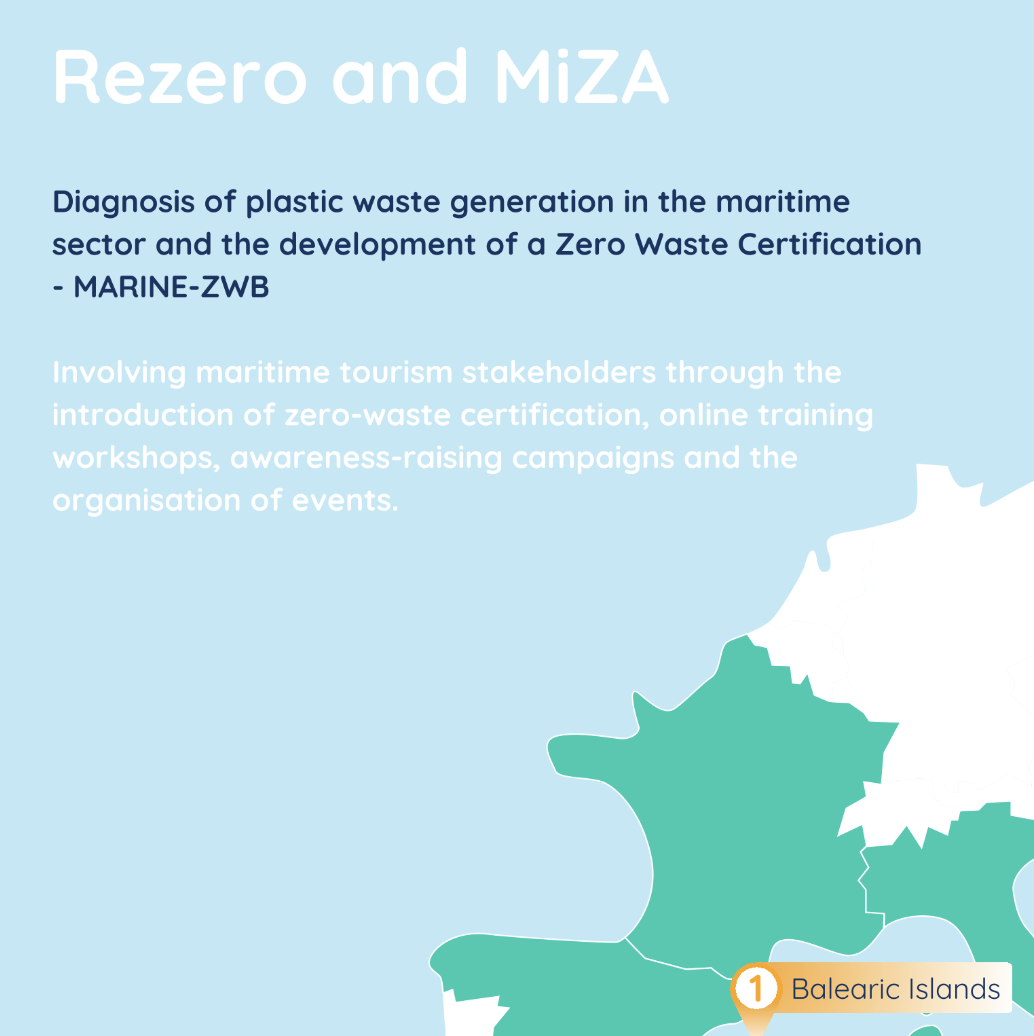Lutsk, Ukraine, 9 December, 2024 – The city of Lutsk has taken its first step towards a zero waste future by joining the Zero Waste Cities Certification, organised by Mission Zero Academy (MiZA), the first city in Ukraine to do so.
Lutsk is advancing its zero waste strategy as part of Ukraine’s EU integration, focusing on reducing waste, cutting carbon emissions, and creating green jobs. Urban Vision Lutsk, which details the city’s efforts to manage waste, was featured at international events like the Lviv Urban Forum. National reforms like Ukraine’s Waste Management Law, supported efficient waste reuse and collection. In line with these principles, Lutsk has established its first urban garden which serves a dual purpose: it provides residents with access to fresh, locally grown produce and promotes composting as a means of reducing organic waste.
Lutsk’s strategic position makes it an attractive destination for investment and sustainable growth, says the city.
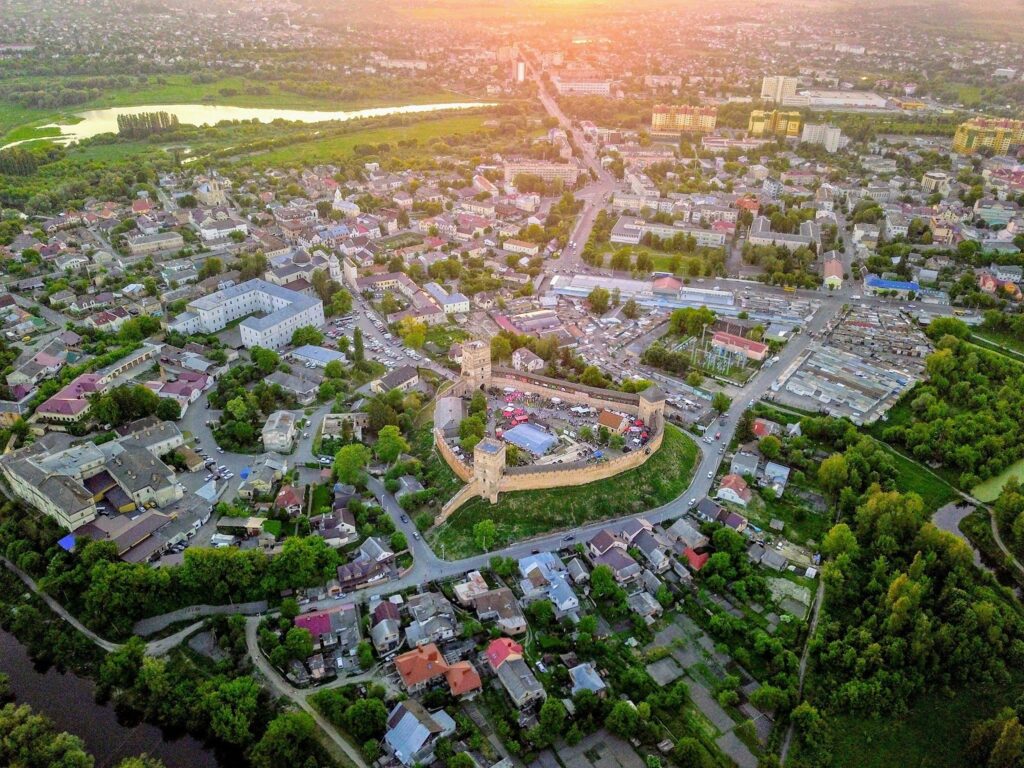

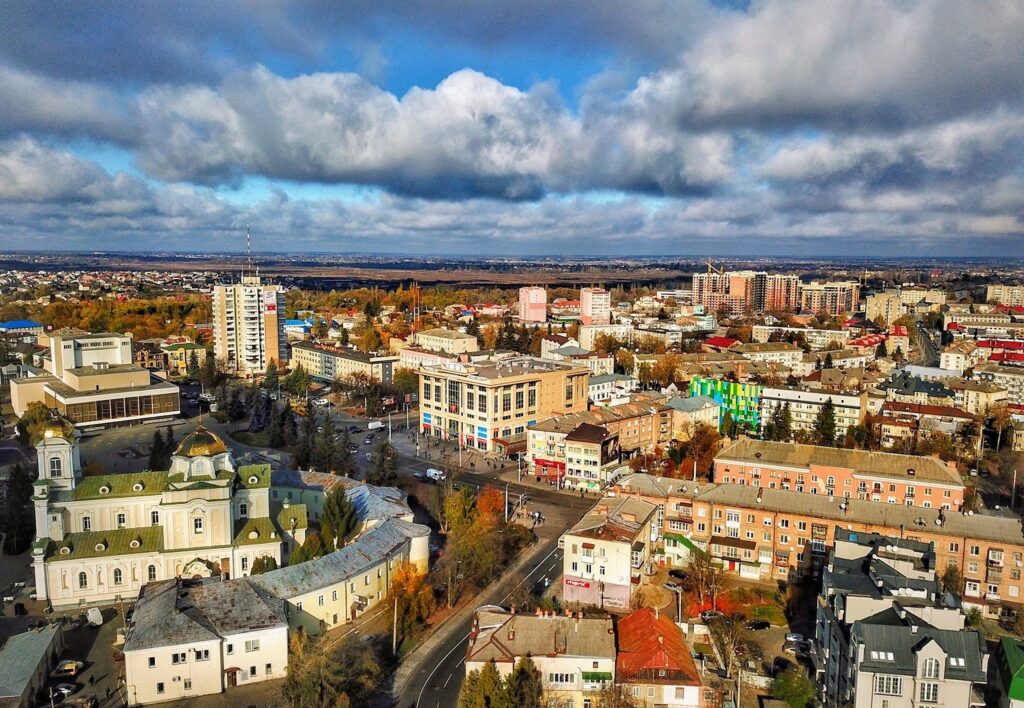


Ihor Polishchuk, Mayor of Lutsk City Council, adds:
“Our city is a beautiful pearl, a business card of Ukraine on the border with the European community. To develop its economic, tourism, and human potential, we are ready to choose and implement the best European and global practices.”
Svitlana Karytun, Zero Waste Cities Programme in Ukraine Coordinator at Zero Waste Alliance Ukraine, states:
“The Zero Waste Cities Certification programme is a good opportunity for Ukrainian communities to transform theira waste management system, taking into account the best practices that have been successfully implemented in EU countries. Lutsk has been actively working on implementing new solutions in waste management in recent years, and joining the program is a challenge that will allow them to moveallow to move even more productively and confidently towards a zero waste life in the community.”
On July 9, 2023, Ukraine’s Waste Management Law came into force. The main aim of the reform is to rebuild the waste management system according to European Union principles, such as preventing waste generation and implementing a “polluter-pays” principle.
This announcement comes after the Zero Waste Cities in Ukraine project launched in Ukraine in May 2024 with financial support from the EU’s LIFE Programme. The project aims to help local governments implement new waste management requirements. Four Ukrainian municipalities — Lutsk, Kherson, Pokrovsk (Donetsk region), and Liubotyn (Kharkiv region) — will work together with partners for four years to build a sustainable waste management system.
Not only that, but Lutsk is collaborating with municipalities in Portugal (Guimaraes and Oeiras), Italy (Carmignano), Germany (through the Hamburg Institute for Innovation, Climate Protection, and Circular Economy), and NGOs Zero Waste Europe and Zero Waste Italy. Locally, Zero Waste Lutsk supports this initiative by evaluating Lutsk’s current waste management, providing government training, crafting a zero waste-based waste management strategy for sustainable, long-term planning, and launching pilot projects to develop a replicable waste management model for other Ukrainian cities.
Founded in 2021, Zero Waste Lutsk is an NGO dedicated to promoting the zero waste movement in Lutsk and Ukraine through eco-education programmes. One of its initiatives is establishing Lutsk’s first urban garden, encouraging locals to compost. Another key project, “Misto.Cafe,” launched in 2024 as a social impact café, allocates 80% of its net profits to a trust fund that supports local social projects and start-ups.
ENDS
Zero Waste Europe
Sean Flynn
sean@zerowasteeurope.eu or news@zerowasteeurope.eu
0032 471 96 55 93
Notes to the editor
- For more information about the Zero Waste Cities in Ukraine project, click here: https://zerowasteeurope.eu/press-release/zero-waste-europe-participates-in-the-zero-waste-cities-in-ukraine-project-with-the-support-of-the-life-programme/
- Link to Zero Waste Lutsk’s website: https://zerowaste.org.ua/en/zero-waste-lutsk-en/
- The Zero Waste Certification is made up of 5 steps: (i) the expression of interest in being Zero Waste by the municipality, (ii) the commitment to be Zero Waste, (iii) the implementation of this system, (iv) its certification and (v) the performance of annual improvements. The overcoming of each of these steps is given with the support and advice of expert entities in the fields of waste and resource management. The evaluation for certification is developed around a scoring system, which includes mandatory criteria and optional scoring criteria.
- Scoring criteria are scored based on the ambition and impact of each implemented policy. The sum of the points defines the level of certification of the municipality and its subsequent number of ‘stars’.
- Subsequent to Certification, municipalities must monitor their activity and make annual improvements to enhance the results achieved. Every 3 years they are subject to new audits.

